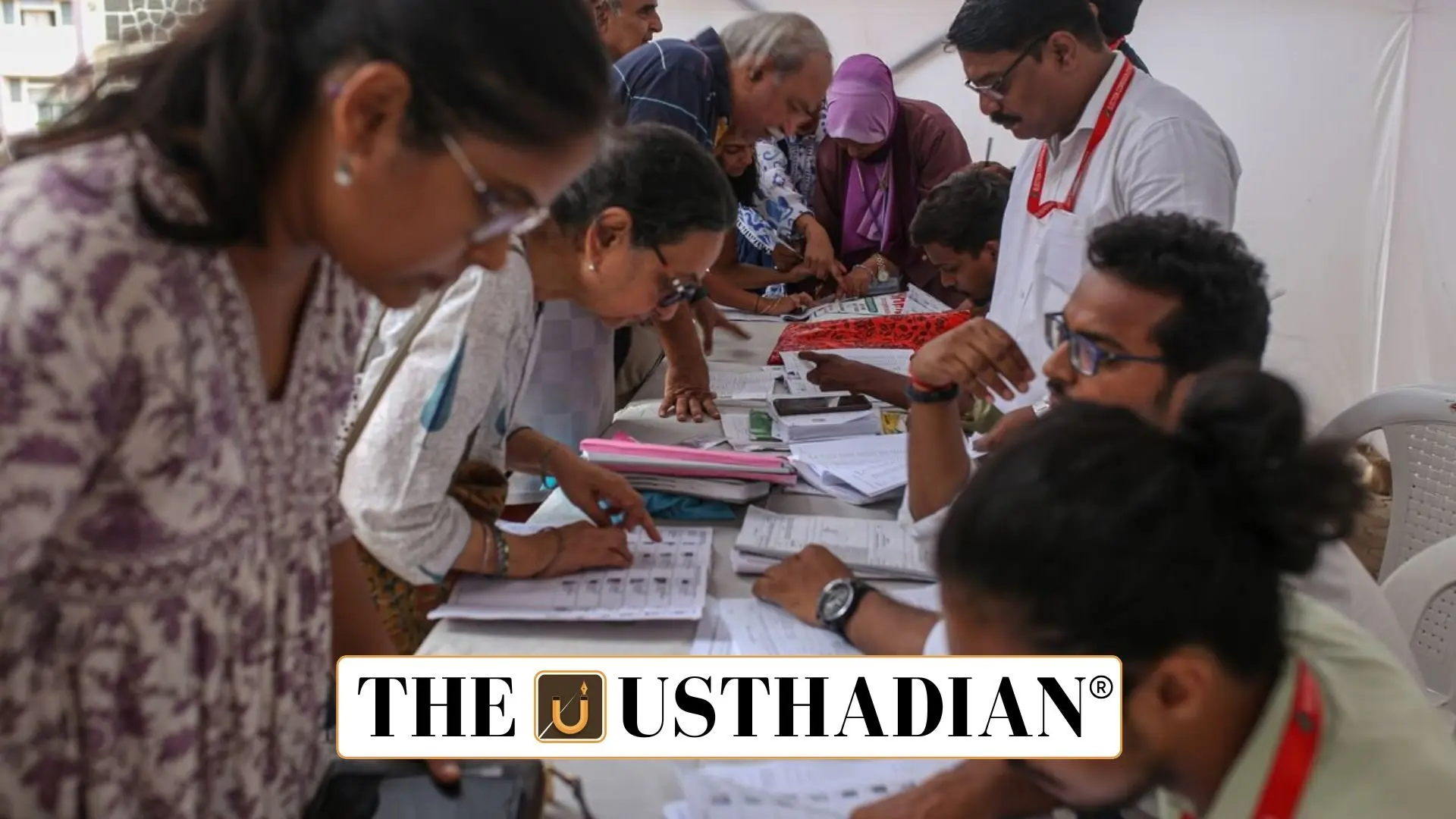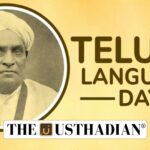India’s electoral process wins global attention
India’s Electoral Transparency Shines at Stockholm Conference: India’s Chief Election Commissioner Gyanesh Kumar recently took center stage at the Stockholm International Conference on Electoral Integrity, where he presented India’s electoral framework as a benchmark of transparency. His address highlighted a key aspect of Indian democracy—the way electoral rolls are updated, revised, and made accessible to stakeholders every year.
This unique process has been in place since 1960, reflecting how deeply transparency and public participation are woven into India’s democratic structure. Every year, the rolls are shared with all recognised political parties, giving them a chance to verify, object, and suggest corrections. This practice builds trust and accountability, and sets India apart as a leading example in electoral governance.
Legal foundation of electoral roll revision
India doesn’t just follow tradition—it backs it with law. The system has statutory provisions for regular revision of rolls, where voters can raise claims or objections. The Election Commission also allows appeals in case of disputes. These safeguards ensure that voter lists remain accurate and inclusive.
The concept of annual roll revision is essential in a country as vast and dynamic as India. With over 95 crore eligible voters (as of 2024), maintaining an updated and fair roll is critical for free and fair elections.
India’s presence at global stage
The event was organised by the International Institute for Democracy and Electoral Assistance (IDEA) and saw participation from over 100 delegates representing 50 countries. Gyanesh Kumar didn’t just share India’s success—he also committed to global cooperation in electoral reforms. India pledged to support other democracies with training programs, knowledge exchanges, and capacity-building workshops through its Election Commission.
Discussions with other nations
At the conference, India’s top election official engaged with counterparts from countries like Mexico, Indonesia, Moldova, Switzerland, Mongolia, and the United Kingdom. The discussions focused on important subjects such as:
- Boosting voter participation in elections
- Integrating technology into voting systems
- Exploring diaspora voting models
- Strengthening institutional frameworks for elections
Such engagements not only promote shared learning but also position India as a global leader in democratic practices.
Static Usthadian Current Affairs Table
| Key Aspect | Details |
| Event | Stockholm International Conference on Electoral Integrity |
| Host Organisation | International IDEA |
| Indian Delegate | Chief Election Commissioner Gyanesh Kumar |
| Indian Highlight | Annual sharing of electoral rolls since 1960 |
| Participating Countries | 50+ nations including UK, Mexico, Germany, Indonesia |
| Legal Framework | Provision for claims, objections, and appeals |
| Key Themes Discussed | Voter turnout, electoral technology, diaspora voting |
| Global Role of India | Capacity-building and training support |
| Static GK Fact | Election Commission of India established in 1950 under Article 324 |
| Number of Indian Voters (2024) | Over 95 crore eligible voters |








